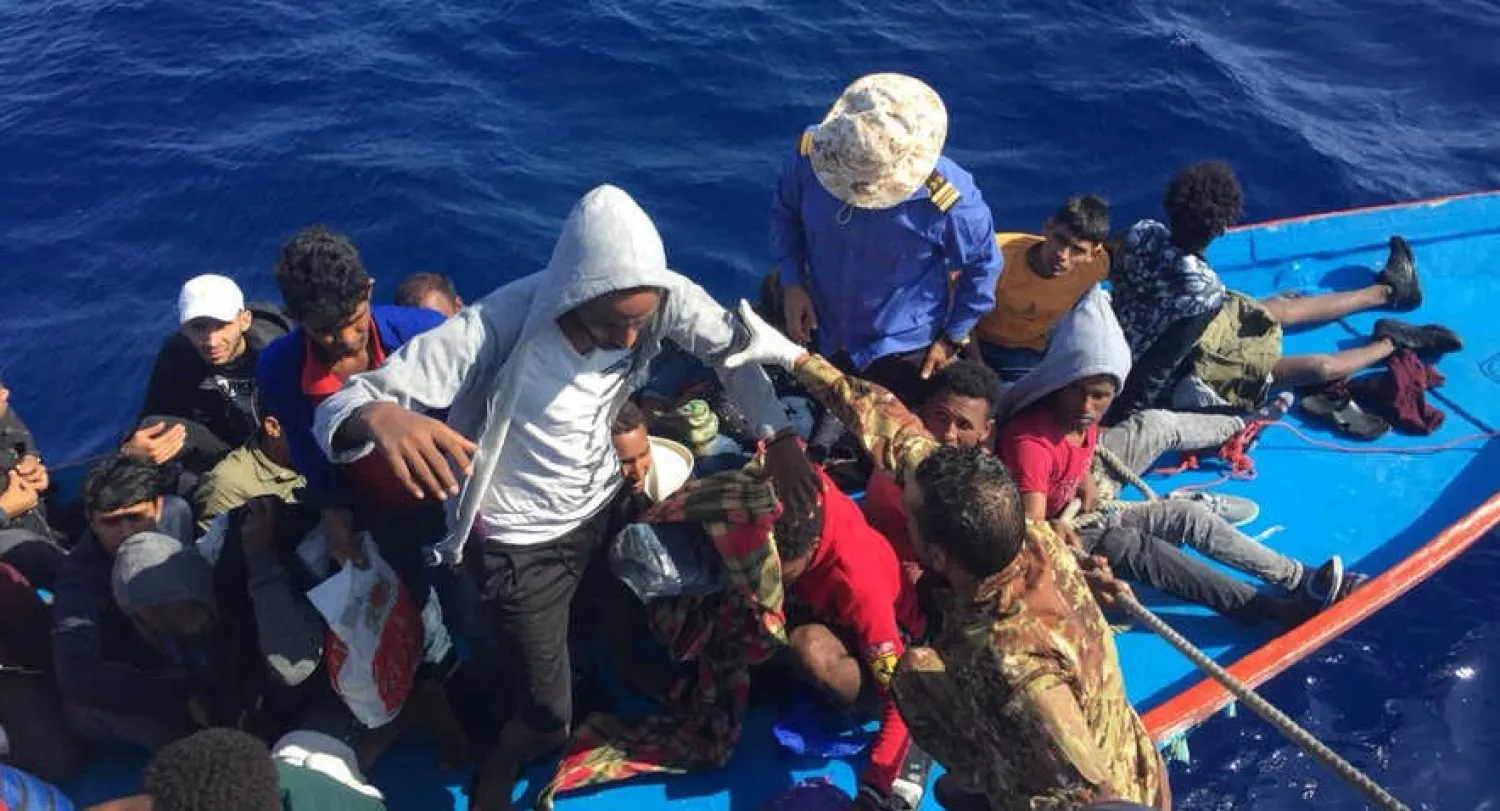Italian lawmakers approved renewed funding to train the Libyan coast guard as a human rights group released a report Thursday outlining fresh accusations that the coast guard returns the migrants it rescues at sea to horrific detention camps in the North African nation.
The training program is under an umbrella of Italian military missions abroad, which members of the Italian Parliament's lower house, the Chamber of Deputies, discussed ahead of the funding vote, The Associated Press reported.
In its scathing report on abuses in Libyan detention camps, Amnesty International called on European nations to suspend their cooperation with Libya on migration and border control.
Recently, the Libyan coast guard fired at a migrant boat in the Mediterranean and carried out maneuvers which could have risked overturning the vessel, a scene observed by the crew of a migrant rescue group's surveillance aircraft.
Amnesty International's report detailed the experiences of 53 refugees and migrants in Libyan detention centers. Most of them were detained following their interception at sea by Libya's coast guard, which for several years has received training, vessels and equipment from Italy.
Successive Italian governments have supported the Libyan coast guard in hopes of curbing people setting out for Europe from northern Africa and who made it to Italian shores by the tens of thousands for several years.
Many of the new arrivals are economic migrants found ineligible for asylum by Italian authorities. Most other European Union nations have been largely unresponsive to Italy's repeated appeals that they take in some of the asylum-seekers, many of whom want to reach jobs or families in northern Europe.









